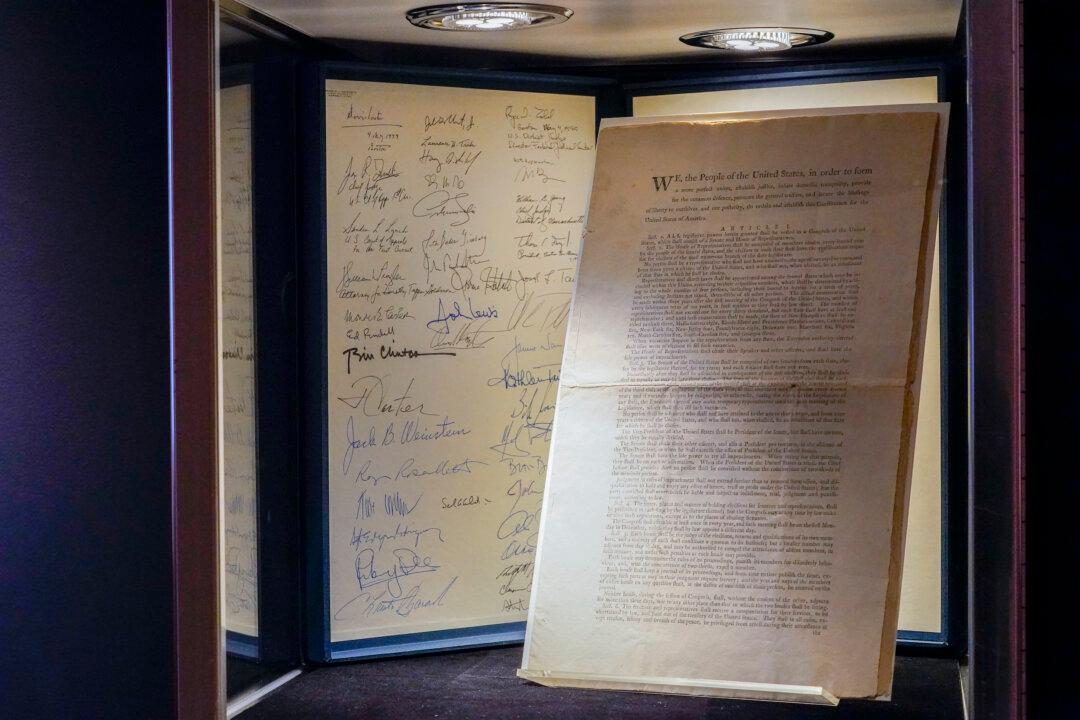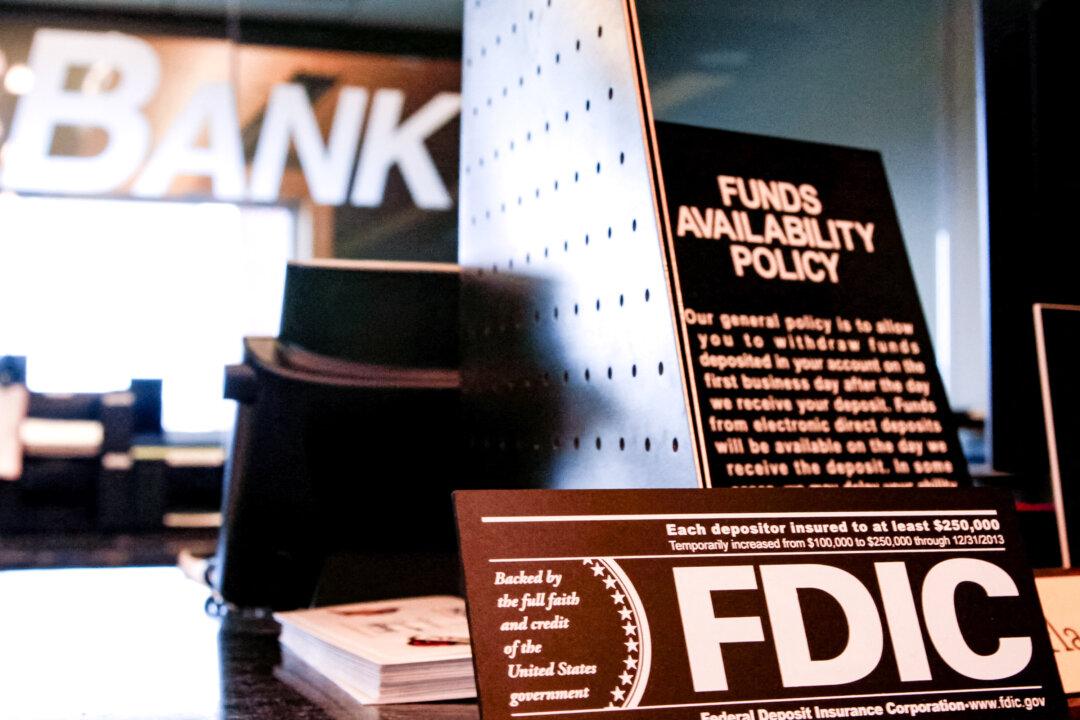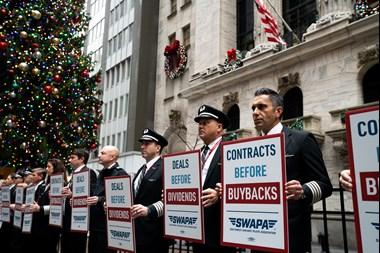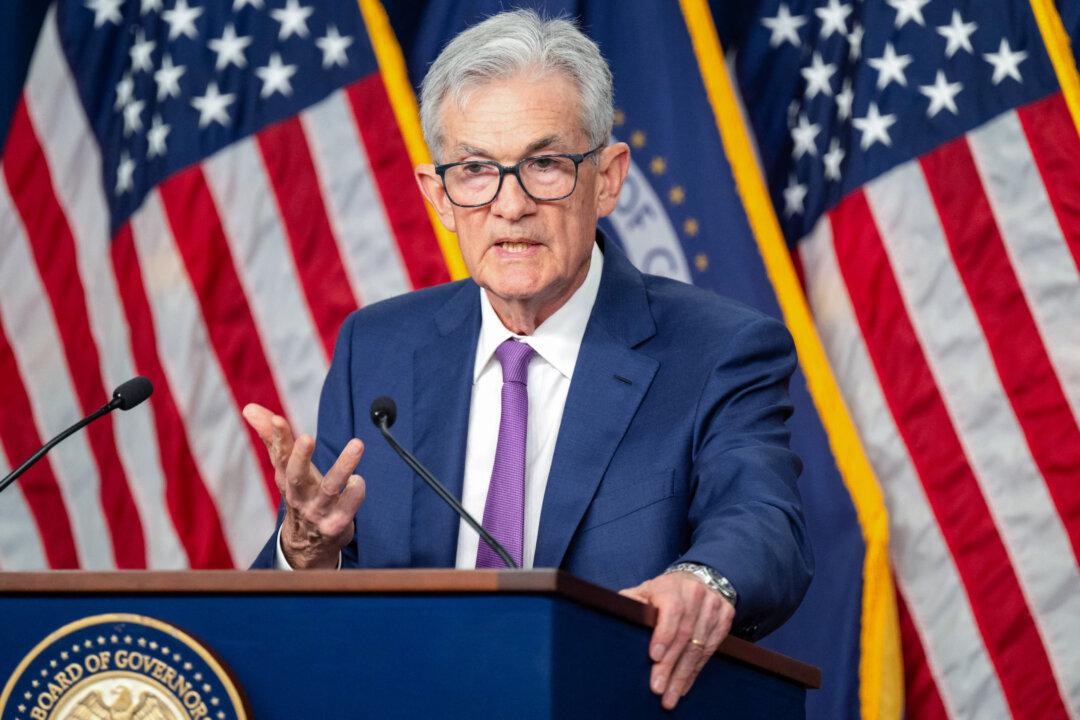Commentary
When President Richard Nixon visited mainland China in February–March 1972, it was primarily to advance U.S. Cold War geopolitical interests by gaining leverage over what was then the Soviet Union, China’s traditional adversary. But it was also to ameliorate China’s objections to President Nixon’s hard line with North Vietnam so as to force the North’s communist leaders into serious negotiations. In May, President Nixon was able to approve Operation Pocket Money, the mining of Hai Phong Harbor, communist North Vietnam’s principal port, in order to stem the flow of ordnance and war materiel.





